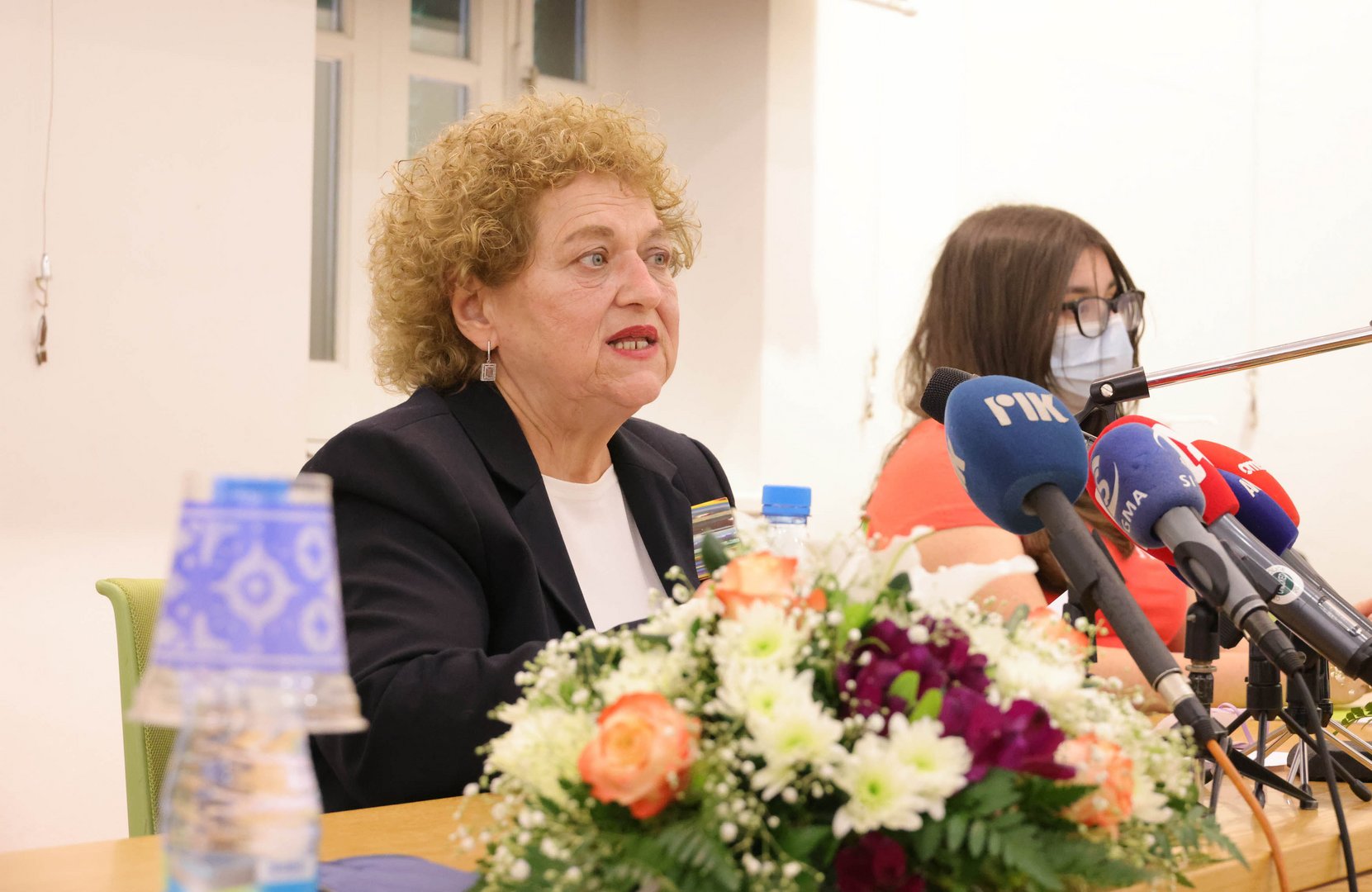Sperm donor anonymity should be waived in the future, but only under certain conditions and if the child itself requests the information, Commissioner for Children’s Rights Despo Michaelidou advised in a memo to parliament on Monday.
Michaelidou submitted her views ahead of a session at the House human rights committee discussing proposed amendments to the law governing medically assisted reproduction.
Calling the matter “particularly sensitive and complex,” the commissioner said the crux lies in balancing the rights of all interested parties.
On the one hand, there is the right of a child to know its biological parents, and on the other the right of a sperm donor to retain his anonymity.
In her memo Michaelidou points out that no standardised policies exist on the EU level – leaving it up to individual states how to regulate these matters.
Given this, she advises lawmakers in Cyprus to default to the recommendations of a February 2019 report by the Parliamentary Assembly of the Council of Europe (Pace).
Quoting from that report, Michaelidou notes that “international and European human rights law has moved towards recognition of a right to know one’s origins. This right, however, is not absolute and must be balanced against the interests of the other parties involved: principally those of the donor(s) and the legal parent(s), but also those of clinics and service-providers, as well as the interests of society and the obligations of the State.”
In relation to retroactive waivers of donor anonymity, Pace recommends that donor anonymity not be lifted where at the time of gamete (sperm) donation there existed an explicit guarantee of anonymity, except for medical reasons or where the donor has consented to the lifting of the anonymity.
Again citing Pace, Michaelidou says ” anonymity should be waived for all future gamete donations in Council of Europe member States, and the use of anonymously donated sperm and oocytes should be prohibited. This would mean that (except in exceptional cases, when the donation is from a close relative or friend) the donor’s identity would not be revealed at the time of the donation to the family, but would be revealed to the donor-conceived child upon his or her 16th or 18th birthday.”
The commissioner said it should be up to persons conceived from sperm donations to decide whether and when they wish to obtain access to information pertaining to the identity of the donor and whether to seek any contact with the donor.
In addition, lifting donor anonymity “should have no legal consequences for filiation: the donor should be protected from any request to determine parentage or an inheritance or parenting claim,” while donors “should have no right to contact a child born from donation, but the donor-conceived child should be given the option to contact the donor…”
Pace also recommended the keeping of records by states, to facilitate access to information. It also proposed setting a maximum number of sperm donations by any one donor.
Michaelidou additionally cites Article 7.1 of the UN Convention of the Rights of the Child, providing for a child’s right to know his or her parents “as far as possible.” Article 8 of the same convention establishes the right of a child to preserve his or her identity, including family relations, without unlawful interference.
Summing up, the commissioner said the state should closely study European case law as well as the Pace report.






Click here to change your cookie preferences